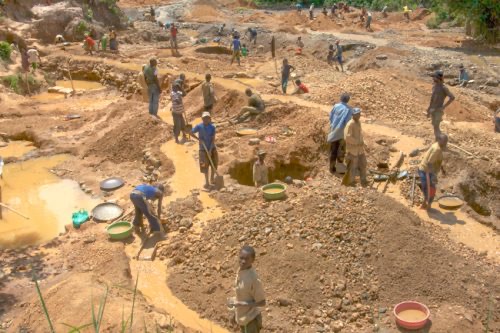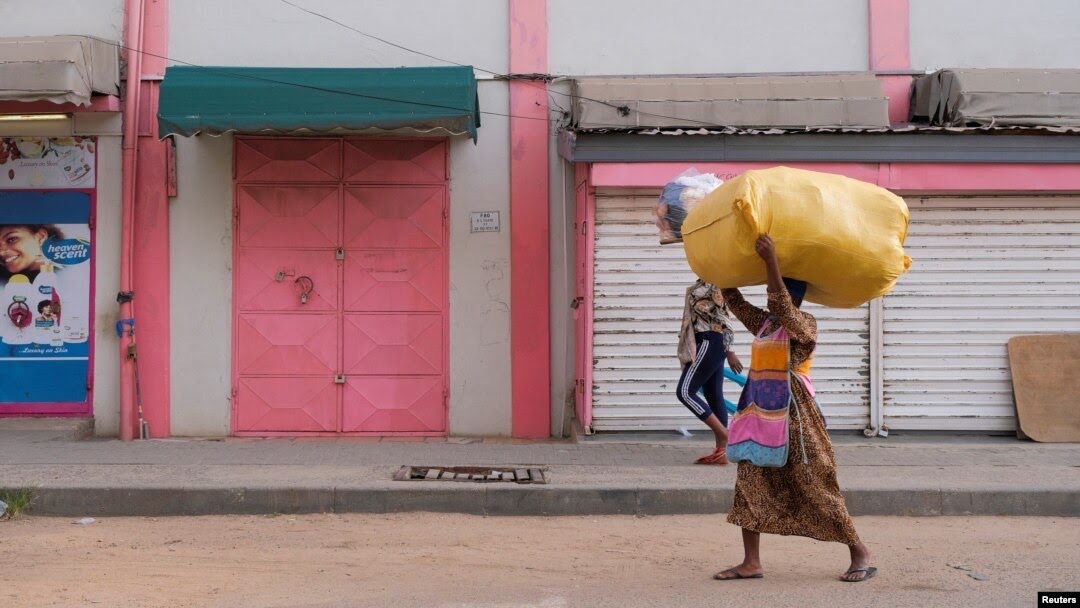The United Nations Economic Commission for Africa (ECA) says 40 per cent of African nations are in debt distress or at high risk, with most spending more on debt interest payments than on critical sectors.
Hanan Morsy, Deputy Executive Secretary and Chief Economist at the ECA, said this at the ongoing 2024 African Economic Conference (AEC).
The conference is themed: “Securing Africa’s Economic Future Amidst Rising Uncertainty.”
She spoke during the conference’s Fireside Chat on Global Financial Architecture Reform Agenda: A Focus on Debt and Tax.
The News Agency of Nigeria (NAN) reports that the conference is co-hosted by the African Development Bank (AfDB), United Nations Economic Commission for Africa and the United Nations Development Programme in collaboration with the Botswana Government.
The conference provided African leaders, economists, and policymakers a platform to confront the multifaceted challenges hindering the continent’s development.
Central to the discussions was the urgent need to reshape Africa’s financial architecture to align with the realities of a changing global economic landscape.
Morsy called for an overhaul of the G20 Common Framework.
”There is need to become efficient, timely, and transparent. We need an integrated framework that includes the private sector, avoids prolonged negotiations, and ensures comparability of treatment,” she said.
Morsy cited Egypt’s recent success with Samurai and Panda bond issuances supported by African institutions in advocating for diversified funding sources for economies.
“These bonds attracted interest rates of 1.5 per cent and three per cent, respectively, a stark contrast to the eight per cent rate associated with Eurobonds.
“African countries must tap into alternative financing mechanisms and utilise guarantee schemes to lower borrowing costs,” Morsy advised.
On the inequitable allocation of the IMF’s Special Drawing Rights (SDRs), Morsy lamented that Africa received just five per cent of the 650 billion dollars issued post-COVID-19 while wealthier nations mobilised trillions.
Prof. Kevin Urama, Chief Economist and Vice President at the AfDB, reinforced the need for capacity building among African governments and institutions.
He spotlighted initiatives like the Public Financial Management Academy for Africa, inaugurated in 2021, which aims to modernise tax systems, broaden tax bases, and digitise financial processes.
Urama stressed the importance of unified negotiation positions, backed by data and rigorous analysis, to navigate complex international financial systems.
He called for rechanneling of unused SDRs from fiscally strong nations to Africa through multilateral development banks like the AfDB.
“This model ensures resources are directed to where they are most needed,” he said.
They underscored the broader implications of systemic reforms, including economic growth, job creation, and revenue generation.
They stressed the need for collaborative action and African-led solutions that harness local expertise and align with the continent’s long-term goals.
























